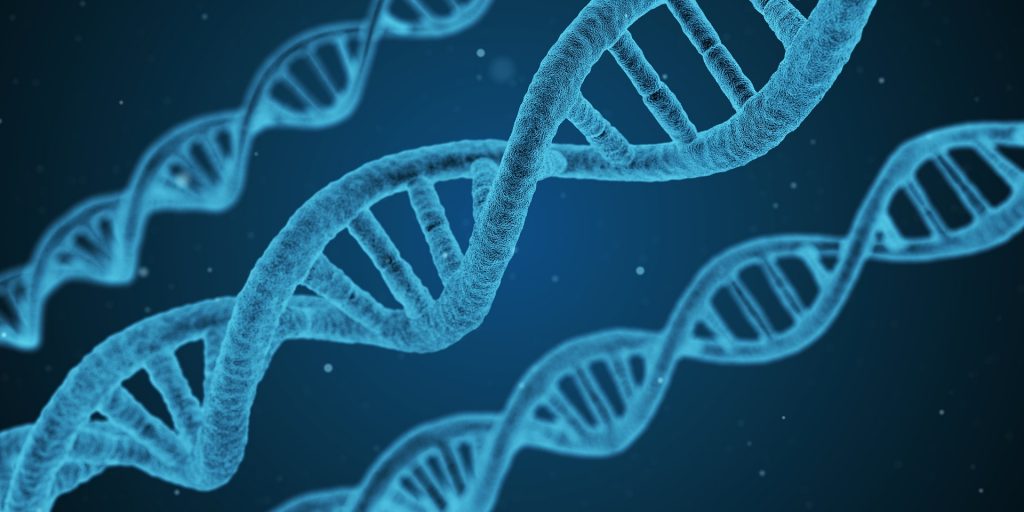By Dr. Kotoku Kurachi
Seven years have passed since I was last active in the field of molecular genetics and biology. Over the past decade we have witnessed some of the most astonishing breakthroughs. However with these phenomenal discoveries also come gravely serious ethical questions.
In particular, CRISPR-Cas9 and other developments have allowed for the precise modification (editing) of target genes. This has opened up new horizons in genetics, biology and medical research. At the current level, where off-target genetic editing is still out of reach, we remain just a few steps away its perfection. Underlying this achievement is the monumental discovery in 2004 of the completed human genome sequence. As one who ended his research career during that era when science was struggling to succeed in precise genome modification, I confess that I look upon today’s research environment with great envy.
Yet in the midst of this boom in fundamental and applied research of genome editing, it has become clear that serious problems and issues in research ethics — especially those related to bioethics — are also arising.
Recently, the international community was shocked by the announcement that a researcher in China investigating HIV resistance had performed human experiments resulting in the birth of twins through CCR5 gene edited fertilized egg. Babies could now be simply born with genetically edited human reproductive cells — indeed a serious breach of bioethics. Because of the lax bioethical views and regulations of one country, gene editing technology of fertilized eggs had made a step towards a very slippery slope.
The reaction from the international community was one of swift condemnation, forcing also a rebuke from the Chinese government. Yet despite the pushback, I personally felt that this research study has lowered the ethical barrier to arbitrary human genome editing. This case is an extremely important arbiter of how human targeted genome editing will affect future generations. As such, I sincerely hope that the twins in question will receive sufficient care and medical attention throughout their entire lives.
Meanwhile, the cloning of animals continues apace. The current state of cloning technology, in which the entire genome of a fertilized egg is replaced, has reached a high level of advancement and is widely used on pets and livestock. However, from the viewpoint of bioethics, many doubts remain. Has enough attention been paid to the discussion, regulation and management of animal cloning?
At this point, through the cooperation of the research community and governments around the world we must draw a clear bioethical line. Together we must decide that the gene editing of fertilized eggs should be banned and that human cloning must never come to pass. With this resolution should come binding international regulations that will deal strictly with violations.
In light of the serious issues posed by human-targeted genome editing, no one can know the fate that awaits us should humanity continue to try to reach the realm of the gods.
About Dr. Kotoku Kurachi:
After completing a doctoral course at Kyushu University (Agriculture) in 1970, Dr. Kurachi transferred to Washington University (Medical) as a postdoctoral fellow. Later, after serving with Harvard University (Medical), he joined Michigan University (Medical) and was promoted to a professorial post. In 2001, he moved to the National Institute of Advanced Industrial Science and Technology (AIST) at the request of the Japanese government, and then served as a deputy president of Kyushu University and also as a director.
Dr. Kurachi now serves as Professor Emeritus for the University of Michigan and as an honorary researcher with AIST. He currently lives in Seattle.
His book, entitled ‘強靱なサイエンティストになるために’ (‘The Excitement of Doing Science’), was published in March of 2019.





